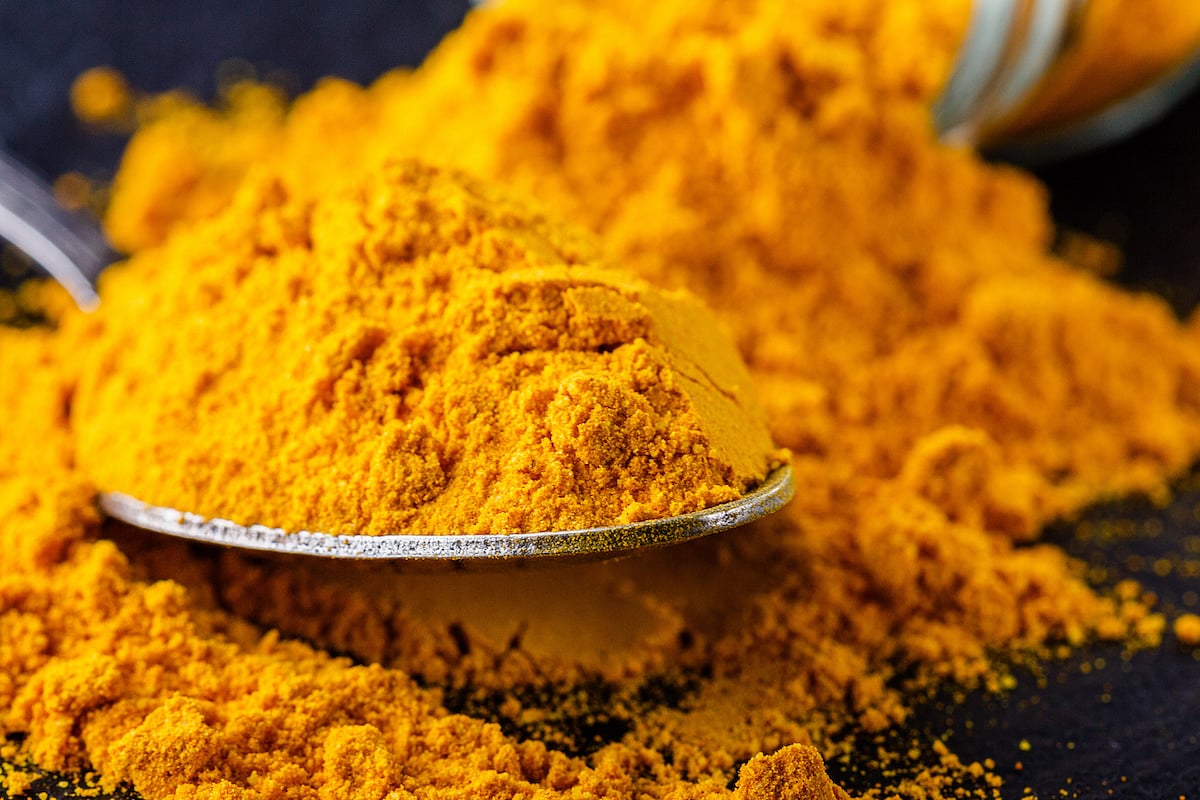Get Healthy!

- Ernie Mundell
- Posted August 5, 2024
Botanicals Like Turmeric, Green Tea Are Harming Americans' Livers
Botanicals like turmeric, green tea and black cohosh may seem benign, but their overuse is being increasingly linked to liver injury.
New research suggests that 7% of U.S. adults are using at least one of the six leading botanicals, the equivalent of 15.6 million people.
Many are ending up in hospitals for liver toxicity, researchers report.
Because there's almost no regulatory oversight over botanicals, chemical tests of products linked to liver crises "show frequent discrepancies between product labels and detected ingredients," noted a team led by Dr. Alisa Likhitsup. She's an assistant professor of gastroenterology at the University of Michigan in Ann Arbor.
The researchers focused on the use of six of the most popular botanicals: Turmeric, green tea extract, the Garcinia cambodgia plant, black cohosh, red yeast rice and ashwagandha.
Perusing 2017-2021 data on almost 9,700 adults in a federal health database, they found high rates of botanical use.
For example, Likhitsup's group estimated that more than 11 million adults regularly take turmeric supplements, often with the notion that it can ease pain or arthritis. That's not too far below the approximately 14.8 million who take an NSAID pain reliever for much the same reasons.
Unfortunately, "multiple randomized clinical trials have failed to demonstrate any efficacy of turmeric-containing products in osteoarthritis," and overdoing it on turmeric has been linked to serious liver toxicity, the researchers said.
Likewise, over 3 million adults are estimated to be taking another potential liver toxin, green tea extract, usually to help boost energy and aid in weight loss.
But again, "multiple studies have failed to demonstrate any objective evidence of weight loss and sustained improvement in mood or energy levels" with products containing the active ingredients in green tea extract, the Michigan team noted.
Other claims, many unfounded, are made for other botanicals: Garcinia cambodgia is touted for weight loss, black cohosh for easing hot flashes and ashwagandha to help build muscle.
But Likhitsup and colleagues noted that consumers may be overdosing on botanicals, or getting misled by labels that don't reflect the actual ingredients in their supplements. That may be leading to more users ending up in the ER.
According to a national database, cases of liver toxicity linked to botanical use, some severe or even fatal, nearly tripled between 2004 and 2014 -- from 7% of cases to 20%. Use of turmeric, green tea extract, Garcinia cambodgia were often implicated. Another study found such cases rising from 12.5% of liver toxicity cases in 2007 to 21.1% by 2015.
Who's using these botanicals? According to the new study, the most common consumer is an older (average age about 52) white (75% of users) female (57%), who was typically well-off.
People taking botanicals were more likely to be battling some kind of chronic illness, such as arthritis, thyroid disorders or cancer, compared to folks not using the supplements.
In two-thirds of cases, people took a botanical while also taking a prescription medicine, the study found. Because of the danger of drug interactions and the threat to liver health, it's crucial that botanical users inform their doctors, Likhitsup's group said.
When botanicals are overused, the damage to the liver "can not only be severe, leading to hepatocellular [liver] injury with jaundice, but also fatal, leading to death or liver transplantation," the research team warned.
A prior study found that the number of liver transplants required due to botanical overuse has jumped by 70% between 2009 and 2020.
The Michigan team believe better regulation and oversight are needed to protect consumers.
"Considering widespread and growing popularity of botanical products, we urge government authorities to consider increasing the regulatory oversight on how botanicals are produced, marketed, tested and monitored in the general population," they wrote.
The study was published Aug. 5 in the journal JAMA Network Open.
More information
Find out more about the liver, how it works and how to keep it healthy at the Cleveland Clinic.
SOURCE: JAMA Network Open, Aug. 5, 2024





